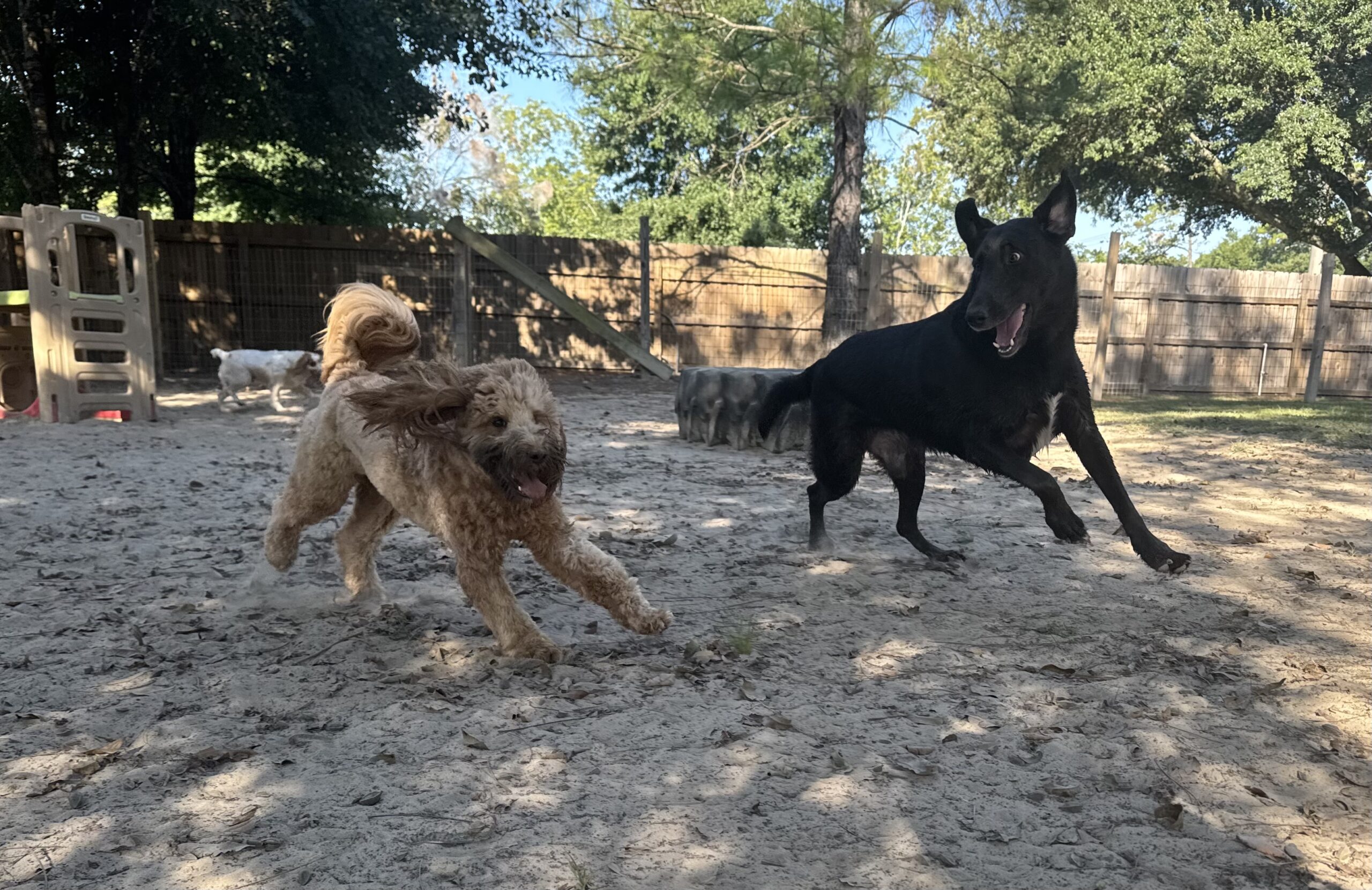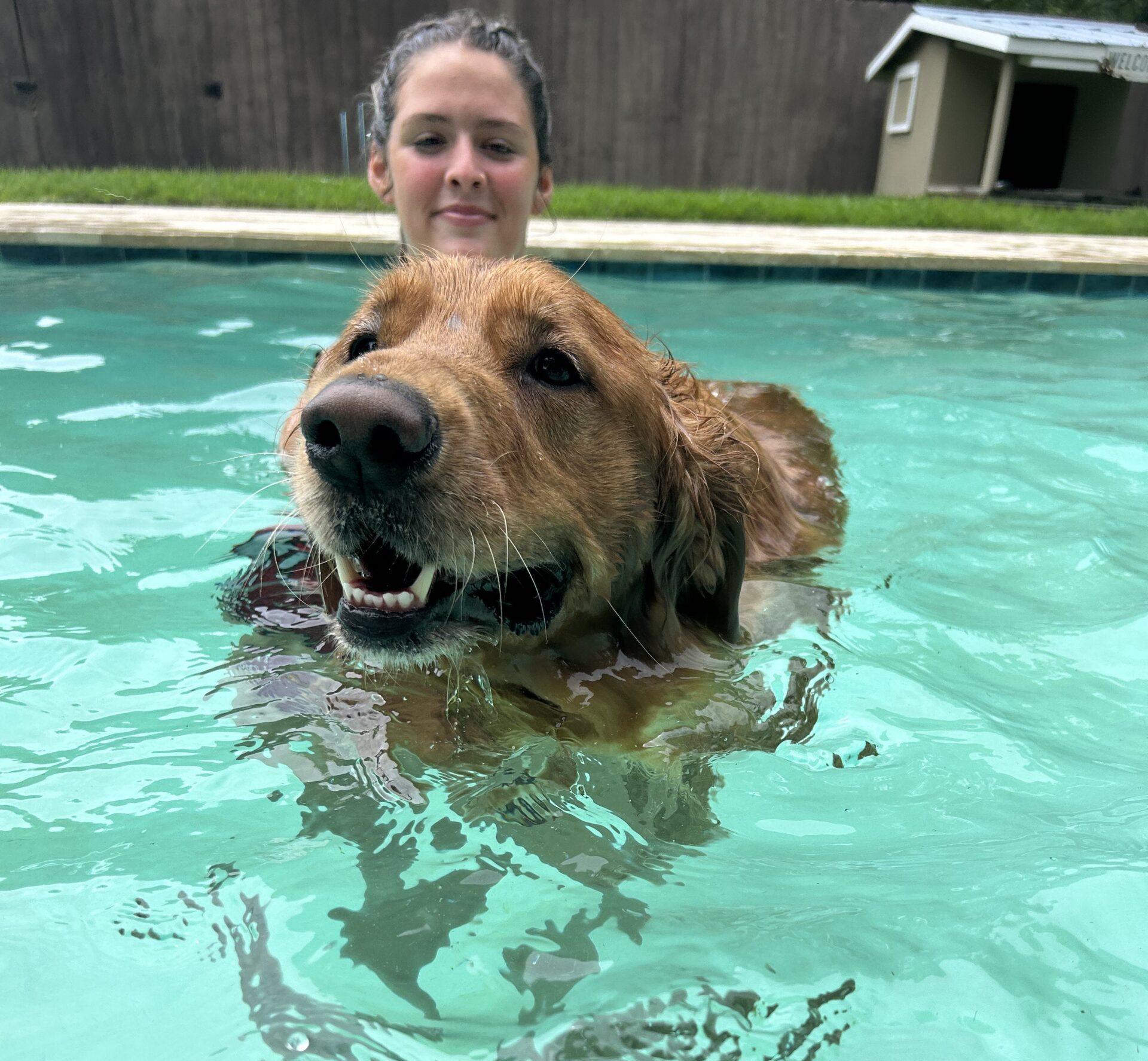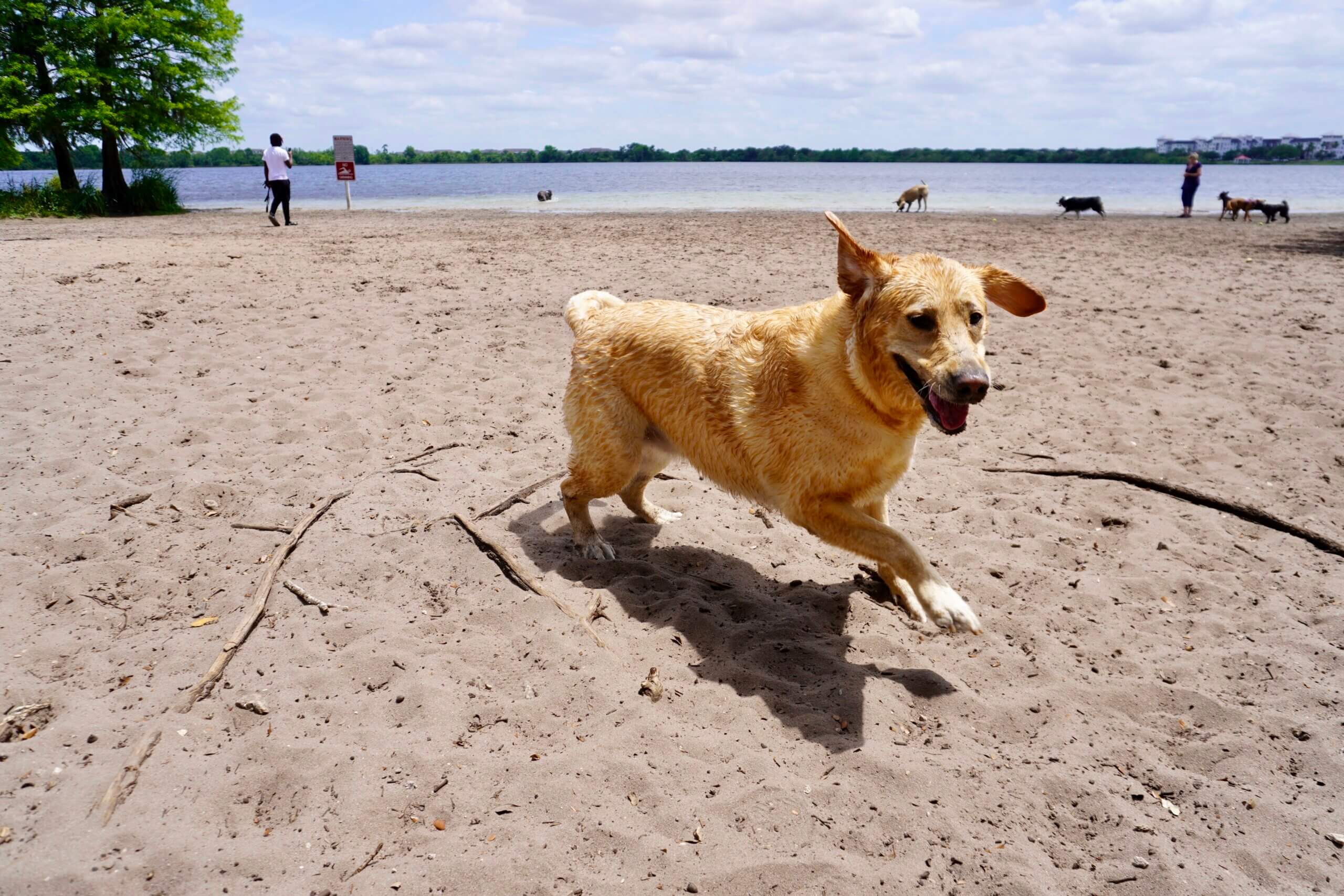Most dog owners understand the importance of exercise and play for their pets. Regular activity keeps dogs physically fit, mentally stimulated, and emotionally balanced. However, what many don’t realize is that rest is equally vital. Dogs need structured downtime to process their experiences, recover physically, and maintain emotional stability. The science of canine sleep reveals just how essential rest is for a happy, healthy, and well-behaved dog.
Understanding How Dogs Sleep
Dogs don’t experience sleep in the same way humans do. While people typically get most of their rest in one long stretch, dogs sleep in multiple shorter cycles throughout the day and night. Adult dogs usually need 12 to 14 hours of sleep in a 24-hour period, while puppies, large breeds, and senior dogs may require 16 to 20 hours.
During these cycles, dogs experience both non-REM and REM sleep stages. Non-REM sleep is deep and restorative, allowing the body to repair tissues and build energy reserves. REM sleep, on the other hand, is when the brain becomes active and processes information. You might notice your dog twitching or softly barking during REM sleep—that’s their brain consolidating memories and experiences, much like humans do when dreaming.
Without adequate access to both sleep phases, dogs can suffer from fatigue, irritability, and cognitive decline. Just as humans get cranky and distracted without rest, dogs become overstimulated and less capable of managing their impulses.
Why Rest Is Just as Important as Exercise
Physical activity strengthens muscles and burns energy, but rest is what allows the body to recover and rebuild. After a long walk, an intense play session, or a stimulating day of social interaction, dogs need quiet time to restore balance. This rest period lowers their heart rate, reduces cortisol (the stress hormone), and allows muscles and joints to recover.
For puppies and young dogs, rest plays an even greater role. Their bodies are still growing, and sleep supports everything from skeletal development to immune function. Their brains are also processing new information constantly—commands, smells, social cues, and experiences—and rest gives them the time to store that information properly. Puppies who don’t get enough rest can become overstimulated, which often leads to unwanted behaviors like mouthing, barking, or difficulty focusing during training.
In adult dogs, rest supports emotional regulation. A well-rested dog is calmer, more patient, and more capable of responding appropriately to their environment. On the other hand, an overtired dog can act out, much like an overtired child who’s missed a nap.
The Link Between Sleep and Behavior
One of the most fascinating discoveries in canine behavior science is how closely sleep is tied to emotional stability. Studies show that dogs who get sufficient rest are better at impulse control and less reactive to triggers like loud noises, new people, or unfamiliar dogs. This is because the brain’s prefrontal cortex—the area responsible for decision-making and self-control—needs rest to function properly.
When dogs are deprived of rest, this part of the brain becomes less effective, leading to overexcitement, reactivity, and difficulty concentrating. Sleep-deprived dogs are also more prone to stress and anxiety because their bodies produce more cortisol. This hormonal imbalance makes it harder for them to settle down, creating a cycle of restlessness that can be difficult to break.
Rest also plays a key role in social behavior. Well-rested dogs communicate more clearly and respond more appropriately to other dogs’ body language. When they’re tired or overstimulated, they may misread cues or react aggressively to normal play behaviors. Giving dogs time to decompress between periods of excitement helps prevent these misunderstandings and promotes healthier socialization.
Cognitive Benefits of Canine Rest
Beyond behavior, rest is essential for learning and memory. During REM sleep, the brain processes the experiences of the day, strengthening neural connections related to training and behavior. Dogs who get consistent rest after training sessions are more likely to retain what they’ve learned.
This is why many trainers recommend short, focused training sessions followed by downtime. It gives the dog’s brain a chance to absorb and file away the new information. In contrast, constant stimulation or excessive repetition without breaks can overwhelm the brain, making it harder for the dog to learn effectively.
Sleep also enhances problem-solving skills. In studies comparing well-rested dogs to those deprived of sleep, rested dogs performed better on tasks requiring patience, memory, and reasoning. This demonstrates how sleep not only restores energy but also sharpens intelligence.
The Physiology of Canine Recovery
On a biological level, rest helps maintain a dog’s physical health. During deep sleep, the body releases growth hormones that repair muscles and tissues damaged during exercise or play. This regenerative process strengthens the immune system and helps prevent injury.
Adequate rest also helps regulate metabolism. Just like humans, dogs who are constantly overstimulated and under-rested may experience hormonal imbalances that can affect appetite and weight. Quality sleep ensures that their metabolism remains steady and their energy reserves are used efficiently.
For older dogs or those with health conditions like arthritis, rest is especially important. It gives their joints and muscles time to recover and reduces inflammation, helping them maintain mobility and comfort.
Signs Your Dog May Need More Rest
Every dog’s rest needs are different, but there are a few telltale signs that your dog isn’t getting enough sleep. Common indicators include irritability, restlessness, excessive barking, and difficulty settling down even in a calm environment. Some dogs may become more clingy or anxious, while others show the opposite—withdrawal and disinterest in play or interaction.
Physical signs like droopy eyes, slower responses, or frequent yawning can also signal fatigue. Over time, chronic sleep deprivation can lead to weakened immunity, poor appetite, and increased stress behaviors. Paying attention to these cues and allowing your dog more downtime can make a world of difference in their mood and health.
Creating the Right Environment for Rest
Dogs are naturally inclined to rest when they feel safe and secure. Providing a consistent environment for sleep helps them establish healthy rest patterns. Soft bedding, a quiet space, and predictable routines all contribute to quality rest. Many dogs also benefit from short naps throughout the day, especially after bursts of activity or social interaction.
It’s also important to limit overstimulation before bedtime. Just like people, dogs need time to wind down. Dim lighting, gentle music, or calm interaction can help signal that it’s time to relax. Avoiding high-energy play or loud noises before sleep can make it easier for them to transition into rest.
Balance Is the Key to Canine Well-Being
A healthy dog’s day should strike a balance between movement and rest. Playtime builds physical fitness, while rest allows for emotional and physiological recovery. Both are essential, and neither should be neglected.
When dogs get the right combination of activity and rest, their behavior, learning, and overall health improve dramatically. They become more resilient to stress, more attentive to training, and more content in their daily lives.
Conclusion
The science is clear: rest is not just downtime for dogs—it’s an active, vital process that keeps their minds sharp and their bodies strong. While play strengthens muscles and builds social skills, rest strengthens the brain, balances emotions, and restores physical energy.
Recognizing the importance of canine rest and making it a priority in your dog’s daily routine can transform their overall well-being. By understanding the balance between activity and relaxation, you’ll not only help your dog live a happier, healthier life but also deepen the bond you share through calm, mindful companionship.







